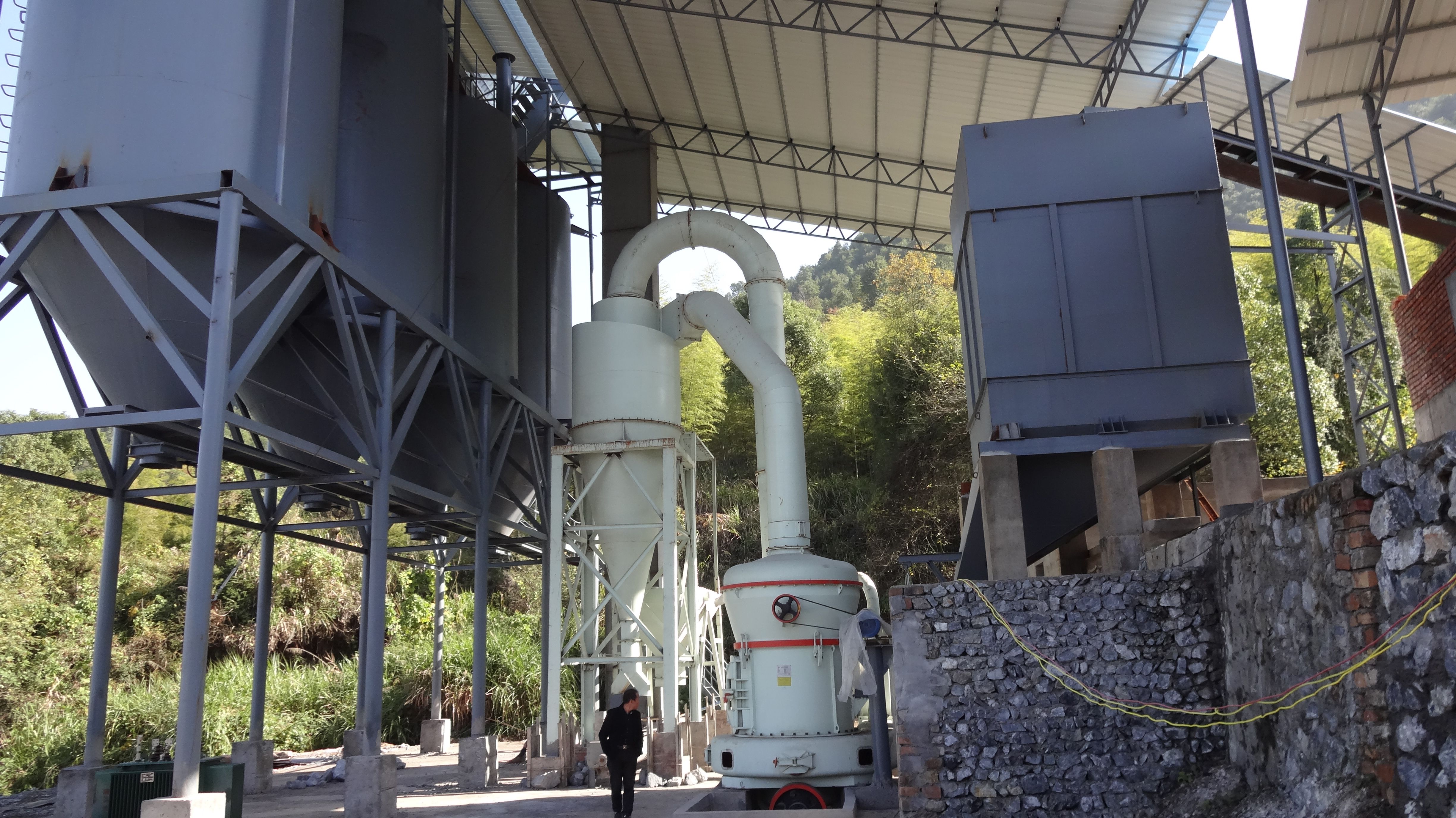Introduction of limestone powder making process and application
Limestone, a sedimentary rock composed mainly of calcium carbonate, has been a fundamental building material for centuries. Beyond its use in construction, limestone has found new significance in the form of limestone powder. This fine powder, obtained through a meticulous process, has diverse applications across various industries.
The production of limestone powder involves a series of carefully controlled steps to transform raw limestone into a versatile and valuable material. Here's an overview of the typical limestone powder making process:
Extraction of Raw Material: The process begins with the extraction of high-quality limestone from quarries. These limestone deposits are carefully selected to ensure purity and the absence of impurities that could affect the final product.
Crushing and Grinding: The extracted limestone is then transported to crushers where it is broken down into smaller pieces. Subsequently, the crushed limestone undergoes grinding in mills to achieve the desired particle size. This step is crucial for obtaining fine limestone powder.

Calcination: The finely ground limestone is subjected to calcination, a process where it is heated at high temperatures (typically around 900-1000°C) to drive off carbon dioxide and other volatile components. This results in the formation of quicklime or calcium oxide.
Hydration: The quicklime is then mixed with water in a controlled manner to undergo hydration, leading to the formation of slaked lime or calcium hydroxide. This hydrated lime is further processed to obtain limestone powder through drying and grinding.
Classification and Packaging: The final step involves classifying the limestone powder based on particle size and packaging it for distribution. Different applications may require specific particle sizes, so this step ensures that the product meets the desired specifications.
Limestone powder can be used in the following industries:
Construction Industry: Limestone powder is widely used in the construction industry as a key component in the production of cement and concrete. It enhances the workability and durability of concrete, contributing to the overall strength of structures.
Agricultural Sector: Limestone powder is employed in agriculture as a soil conditioner to improve the pH levels of acidic soils. It provides essential calcium to plants, promoting healthier growth and enhancing crop yields.
Environmental Remediation: Limestone powder is utilized in environmental remediation processes to neutralize acidic effluents from industries, such as mining and metallurgy, preventing environmental damage.
Chemical Industry: In the chemical industry, limestone powder serves as a raw material for the production of various chemicals, including calcium carbide, calcium chloride, and calcium nitrate.
Plastic and Rubber Industries: Limestone powder is used as a filler in the manufacturing of plastics and rubber products, improving their mechanical properties and reducing production costs.
Paint and Coatings: Due to its high whiteness and opacity, limestone powder is a popular additive in the production of paints and coatings, contributing to the formulation of high-quality finishes.
The limestone powder making process and its versatile applications highlight the importance of this finely ground material across multiple industries. From construction to agriculture, environmental remediation, and various manufacturing sectors, limestone powder plays a crucial role in enhancing products and processes, contributing to sustainable and efficient practices. As technology advances, the exploration of new applications for limestone powder continues, further solidifying its significance in the global market.
Hot News
Recommended Case
- 550TPH Granite Aggregates Production Line in Henan
- 450TPH Limestone Gravel Production Line in Mexico
- 300TPH Feldspar Gravel and Sand Production Line in Gansu
- 200TPH Basalt Aggregate Production Line in Sri Lanka
- 300TPH Coal Gangue Crushing Production Line in Colombia
- 180TPH Waste Rock Crushing Production Line in Australia